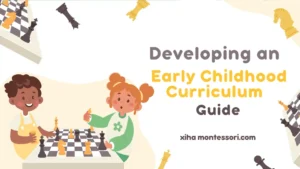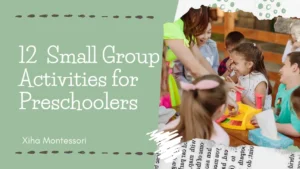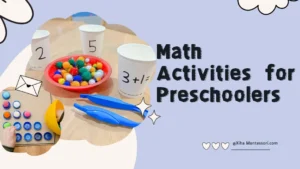Why do you need to learn math?
Mathematics is just too important! There is no profession in human society that is currently 100% free of mathematics.
Today’s hottest professions, such as artificial intelligence, big data, and finance, are all different manifestations of mathematics. Working in economic research requires quantitative analysis; in the fields of physics and geology, computation and simulation are essential. The application of computational biology is indispensable for the study of genetics. Even students of literature and law require appropriate logical thinking; social science research often involves dealing with a wide variety of data.
The seemingly unrelated arts actually contain many concepts of mathematical geometry, such as the most famous visual golden ratio. The mathematician Pythagoras (the discoverer of the Pythagorean Theorem in the West) once proposed the “beauty of harmony”, and his school believes that as long as the relationship between quantity and proportion is properly adjusted, architecture, sculpture, calligraphy, and even music and dance can produce the most beautiful and harmonious artistic effects. The inventors and architects of the past and present, all used mathematics to the extreme.
It is easy to see that if you learn mathematics well, you can really go anywhere!
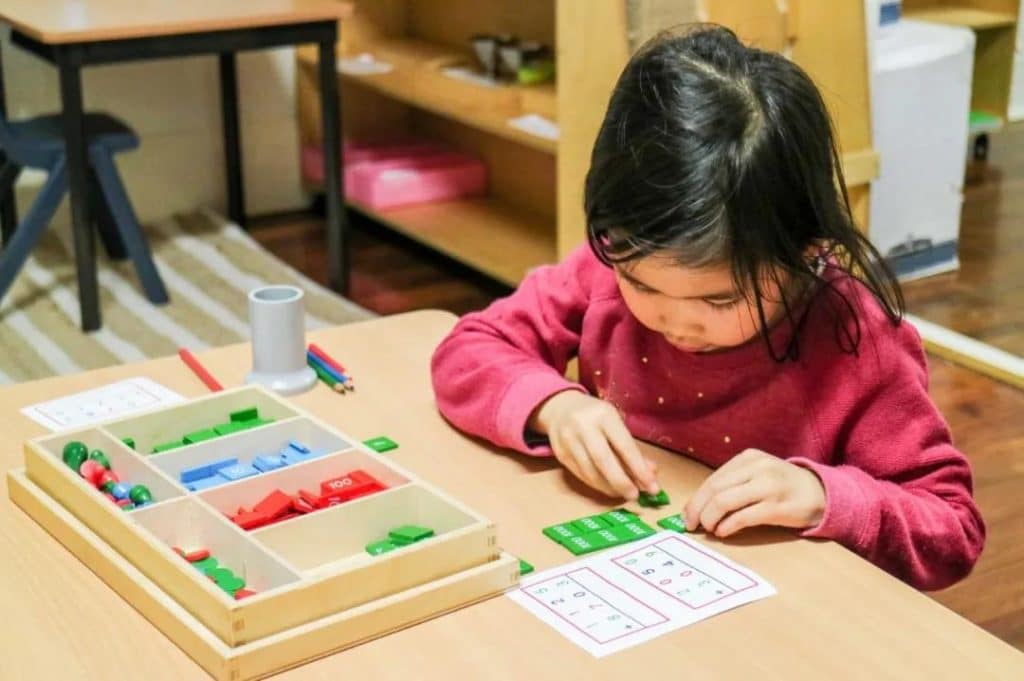
As a result, we cannot help but ponder why children do not learn mathematics well.
Because inappropriate teaching methods are applied at the time of enlightenment, causing they lose interest in learning mathematics at an early age.
Because they do not know how widely mathematics is being used in life and work, and lack the knowledge of the importance of learning mathematics, thinking that they can simply avoid it.
because they do not have the self-drive to learn mathematics when they should be striving for it, and give up prematurely on stimulating their potential.
And so on ……
Parents always want their children to take the road less traveled, but trapped in the perspective and thinking of adults, swallowing in advanced education, fast food surprises, but ignoring the fact that the child’s body and mind are not yet fully developed, whether physically, or mentally, can not keep up with too strict requirements. As a result, parents are often careful to persuade their children to study, and both sides are painfully dissatisfied with each other. Strong language can even “wear down” a child’s self-esteem, self-confidence, and close relationships with family members.

We remind parents that they should avoid the following misconceptions when educating their children.
Misconception 1: Ignoring your child’s interest as well as a natural sensitive period
Misconception 2: Ignoring your child’s understanding of mathematics, blindly believing in memorization and problem solving
Misconception 3: Neglecting the combination of work and rest, ignoring the mathematics in life and art
How can Montessori Math help parents avoid educational misconceptions?
Montessori senior teachers, based on their more than 10 years of front-line classroom experience, share with parents the following considerations for preschool education.
1、Montessori teaching method grasps the child’s sensitive period to prepare for math learning.
“Everyone has a process of growth, what kind of problems he should comprehend at a certain age is actually fixed, you can’t force it, excessive artificial interference will only ruin him.”
–Maria Montessori, Italian educator and founder of the Montessori method
When a child is 4.5 to 6 years old, he or she is still in the sensory learning stage.
Although abstract logical thinking is constantly developing, it has already arranged various learning programs and made various demands, such as memorization, writing, calculation, etc. Children are often under a lot of pressure when they are not ready for it.
Even if children absorb and memorize relevant words and content because they are in a sensitive period of language, without sensory learning they soon forget the content (e.g. formulas, principles, vocabulary, etc.), i.e. the perception of the actual situation, and use and consolidate it further. There is no way to understand. They are manifested by children who can’t write well, can’t read topics, etc. Montessori teaching aids are prepared from the growth and development of children, according to the characteristics of children’s cognitive development, with the operation of visual aids combined with activities in the form of games, children are fond of trying new things and are willing to repeat many times. In this way, children unknowingly learn a lot of obscure knowledge while participating in the game.
2、Helps to understand mathematical concepts, and children repeat operations out of interest, enjoyment and a sense of accomplishment At this age, children have a strong interest in mathematics.
A simple example is that a child can count a long list of numbers, how proud ~ pointing to objects to count can avoid counting blanks while facilitating the child to start and improve their attention; in addition, hand-eye cooperation, is also a developmental need at this age. Children enjoy playing with small objects to exercise finger flexibility. Learning to remember is also important in a Montessori environment, but we do not force children to memorize directly. Children are sensory learners, so we provide sensory experiences for young children early in life to pave the way for deeper memory later in life – the preparation process. If a child can count mentally, the number of digits usually does not cause a learning disability. Whether it’s the operation of hundreds, thousands, or tens of thousands, it’s all about adding up the corresponding numbers. If you have mastered the operation table, you can basically master these four operations. In a Montessori classroom environment, children enjoy focusing on math “work” and each repetition gives them a sense of accomplishment and a willingness to think about and challenge other projects or areas.
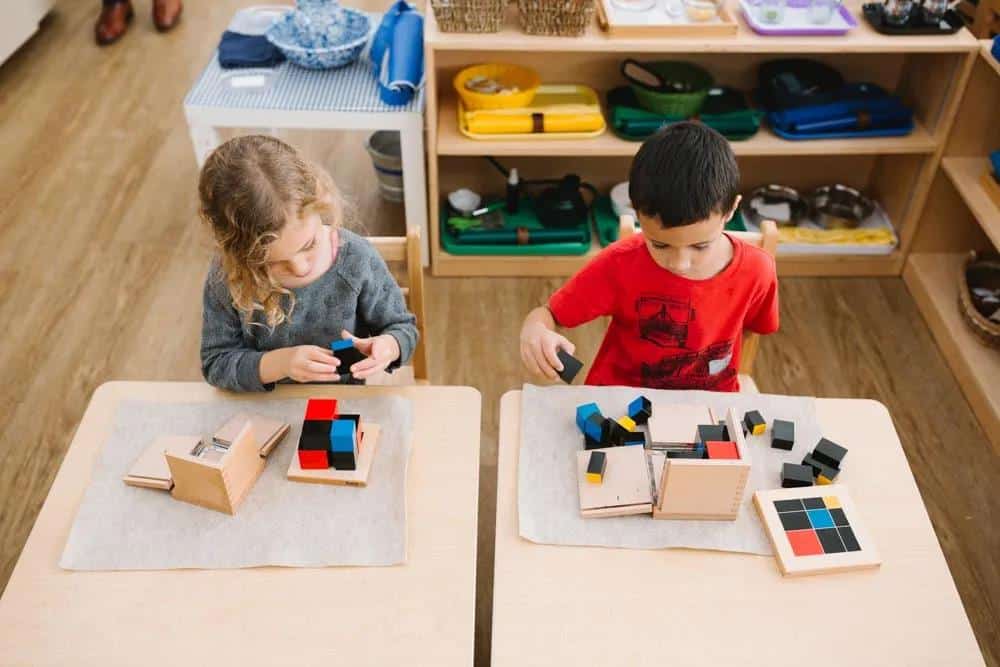
3、Integrating mathematical learning with the art of living.
(1)Integrating Math Learning with Life
All four operations are solving problems in life, and it is important to integrate the content into reality in the interaction with the children. Children can choose to use golden beads, stamps, ideas, calculation frameworks, such as AIDS in life problem-solving scenarios, children can also use teaching aids to prepare for the cost of classroom activities, or how to give children calculations for baking cookies, also in the cooking process can calculate the weight ml of water and the amount of food, and so on.
Geometry is a very important part of life and we learn about the best of human creativity and invention. Geometry and geometric figures can be found everywhere in life, and children inevitably need to understand each figure and geometry, not only the name but also their characteristics, in order to master the use.
For example, in the cooking process, children can make the shape they want, such as rhombus, quadrilateral, cylinder, etc. Then children have to be able to abstract the characteristics of this geometric figure or geometry in their brain, in order to be comfortable to make the shape they want in their mind even if they can’t see the reference.
Some children, through careful observation, discover the intrinsic correlation between the teaching aids. For example, some children discover the relationship between the multiples of the beads by counting the beads, which is the basis for learning the common multiples later.
Mathematics, technology development so far there is no way to calculate the answer to all the programs one by one, but we can deduce our formulas and theorems based on the laws of graphics and number arrangement to achieve human invention.
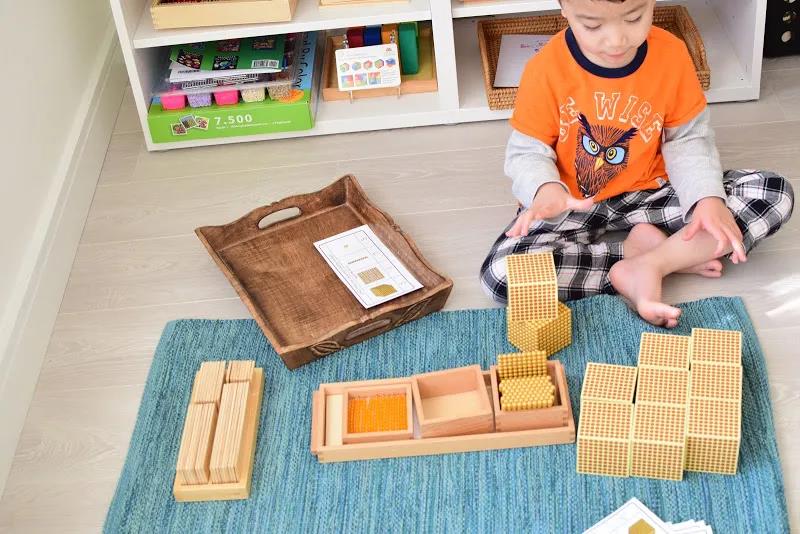
(2) Combining mathematics learning with history and stories
Mathematics is the embodiment of human wisdom, so we will introduce mathematics by introducing stories about the origin of number symbols so that children can understand the long process of the development of numbers, and understand the function of numbers as a language of communication with children so that children can discover that mathematics can also tell stories. During the manipulation of teaching aids, stories can be interspersed so that children feel that mathematical logic and common sense are consistent. For example, the wonderful story of “The King’s Soldier” introduces the relationship between the triplet cubes in the teaching aids. When we three-dimensionalize mathematics, we discover that mathematical thinking is innate to humans, but is not expressed in the form of numerical symbols in some cultures. Thus, we recognize that we should not learn mathematics for the sake of learning mathematics. Understanding and applying mathematics in our lives is the key to learning mathematics.
(3) Combining mathematical thinking with art
Seemingly unrelated activities such as arranging flowers, watering flowers, and creating art all include mathematics. In art, there is the identification of shapes, the division of proportions, the identification of lines; there are ratios, collocations, angles, and so on. We must not just view writing, reading, and doing problems as learning, but rather limit our children’s involvement in rich and interesting creative work. With the right guidance, simple crafts and drawing creations, math and geometry are also the best ways to enlighten the mind. Mathematics is not only a science but a spirit. The abstract nature of mathematics allows it to extract the basic elements of the universe from the complex world of human senses. This endless exploration is a challenge to the human mind, and this is what makes mathematics so fascinating.


